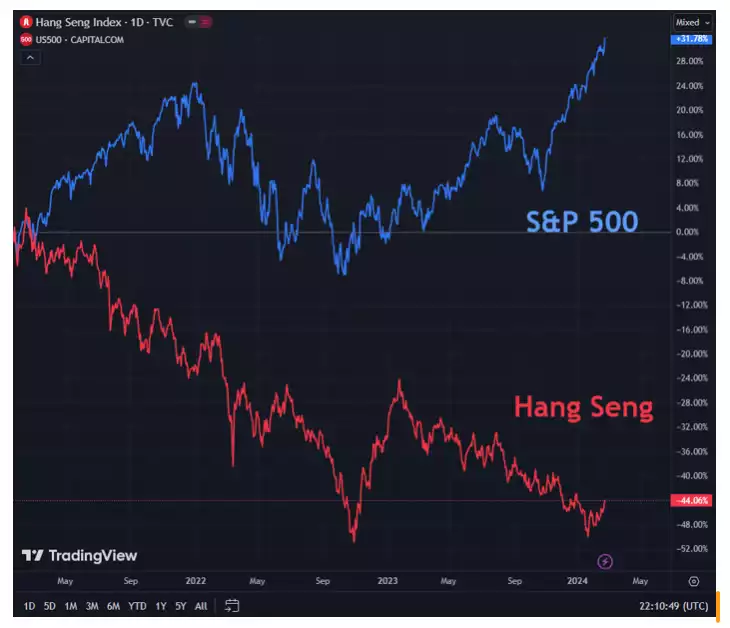Analysts Prepare for Trump
News
|
Posted 23/02/2024
|
2063
With the prospect of Donald Trump securing another term, there are indications that the U.S. financial landscape could witness significant shifts, including an almost guaranteed increase in tariffs. The former president's proposed tariff measures might instigate a broader trade war, leading to a surge in Treasury yields and a strengthened dollar, with potential repercussions for global equity markets, particularly on an international scale.
The U.S. dollar could witness a rally in response to increased safe-haven demand should a broader trade war be triggered or if Trump's tariff policies prompt the Federal Reserve to return to a tightening stance. The interconnected dynamics of these potential outcomes underscore the complex web of factors that could shape the future of financial markets and the global economy under Trump's possible second term. Analysts have already been bracing for this second term and laying out investment strategies in-line with it.
According to Reuters, market economists James Reilly and Jonas Goltermann from Capital Economics suggest that Trump's tariff initiatives might prompt a resurgence in inflation. Such a scenario could compel the Federal Reserve to consider interest rate hikes which would also drive yields higher. Rising borrowing costs may put downward pressure on equities, but the ongoing enthusiasm for artificial intelligence (AI) is expected to fuel optimism on Wall Street.
On a global scale, economists highlight that a second term for Trump could present challenges for Chinese financial markets in the long run. The escalation of trade tensions initiated by Trump's policies might negatively impact the world's second-largest economy. Additionally, core European equities are deemed more vulnerable to a potential slowdown in global trade and risks associated with military conflicts.

-U.S. S&P 500 compared to the Hang Seng over the last 3 years.
Australia would be caught in an interesting web if this happens. In the past, when Trump announced tariffs on China, the Australia 200 sank dramatically. Remember that the ASX is mostly propped up by iron ore companies. If China cannot import as much iron ore, that means a drop in the Australian index.
The other factor to consider is retaliation. The last time Trump announced tariffs, China calculated that it should not retaliate against the U.S. Their solution was to go after Australia, a U.S. ally. They put restrictions on major Australian industries, such as iron ore and wine. On top of these restrictions, unofficial retaliatory actions were taken. In one standout instance, a fully loaded iron ore ship from Australia was simply not allowed to dock in China. Even though the ore was requested, they were denied docking and instead had to turn around and go back to Australia.
One path around this in the longer term could be the continuous movement of industry to other parts of Asia. India and Southeast Asian countries have been quickly taking market share from the Chinese industrial powerhouse in recent years, triggered initially by Trump’s policies. Australians may need to prepare for stock market dips and increased demand for safe havens to weather the potential storm throughout this process. Reorganising global production processes does not happen overnight. If Trump is indeed re-elected, he is likely to act in a similar fast and hard fashion, which could mean a temporary hit to global stock markets.